
Lord Hope of Craighead (David Hope) was born in Edinburgh in 1938. Having read classics at the University of Cambridge he studied law at the University of Edinburgh, where he graduated LLB in 1965. In the same year he was admitted to practise at the Scottish Bar as a member of the Faculty of Advocates. He remained in private practice there for 24 years. From 1986 to 1989 he was Dean of the Faculty of Advocates (Chairman of the Scottish Bar). In 1989 he was appointed direct from the bar to the bench as Lord Justice General of Scotland and Lord President of the Court of Session. He held these offices for seven years until 1996, when he was appointed a Lord of Appeal in Ordinary. In 2009 he was appointed to be the second senior Lord of Appeal. Later that year the appellate jurisdiction of the House of Lords was transferred to the Supreme Court of the United Kingdom and he became its first Deputy President. He retired from that office in 2013 and is now active as a Crossbench peer in the House of Lords. In 2015 he was elected by the Crossbenchers to serve as their Convenor. He is President of the Abu Dhabi Global Market Court, and is also an international arbitrator.
He was made a Privy Councillor in 1989 and a Life Peer in 1995. He was appointed to be a Knight of the Order of the Thistle in 2009. He is an Honorary Bencher of Gray’s Inn and a Fellow of the Royal Society of Edinburgh. From 1998 to 2013 he was Chancellor of Strathclyde University, where he is now an Emeritus Professor. He was also Chairman of the Advisory Board of the Institute of Advanced Legal Studies, which is part of the School of Advanced Studies in the University of London. He is a former President of the Commonwealth Magistrates’ and Judges’ Association.
(Picture: Wikimedia; User: January; Creative Commons Attribution 2.0 Generic)
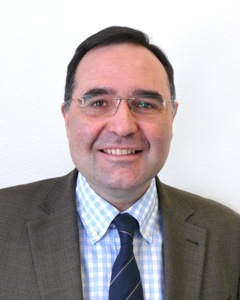
Prof. Ignacio Czeguhn studied law at the Julius Maximilian University of Würzburg and won his academic spurs at the Institute for Civil Law and Commercial Law of the University of Würzburg and in the scientific project “Die Entstehung des Öffentlichen Strafrechts” (“The emergence of public criminal law”), funded by the DFG (German Research Foundation).
His doctoral thesis “Die kastilische Höchstgerichtsbarkeit 1250 bis 1520” (“The Castilian High Jurisdiction from 1250 to 1520” - s.c.l.) has been awarded the Scholarship and Prize Foundation of the Julius Maximilian University in 2001. Since 2004 he has been a visiting lecturer at the University of Granada.
In December 2006 he qualified as a professor for the subjects Civil Law, German and European Legal and Constitutional History and Comparative Legal History. He worked as a locum professor at the University of Konstanz and the Free University of Berlin. Since October 2009 he has been the Head of Chair for Civil Law, German and European as well as Comparative Legal History at the Free University of Berlin. He is a member of the scientific advisory council of the Association for Research on the Imperial Chamber Court (Gesellschaft für Reichskammergerichtsforschung) and a corresponding member of the Andalusian Academy of Sciences.
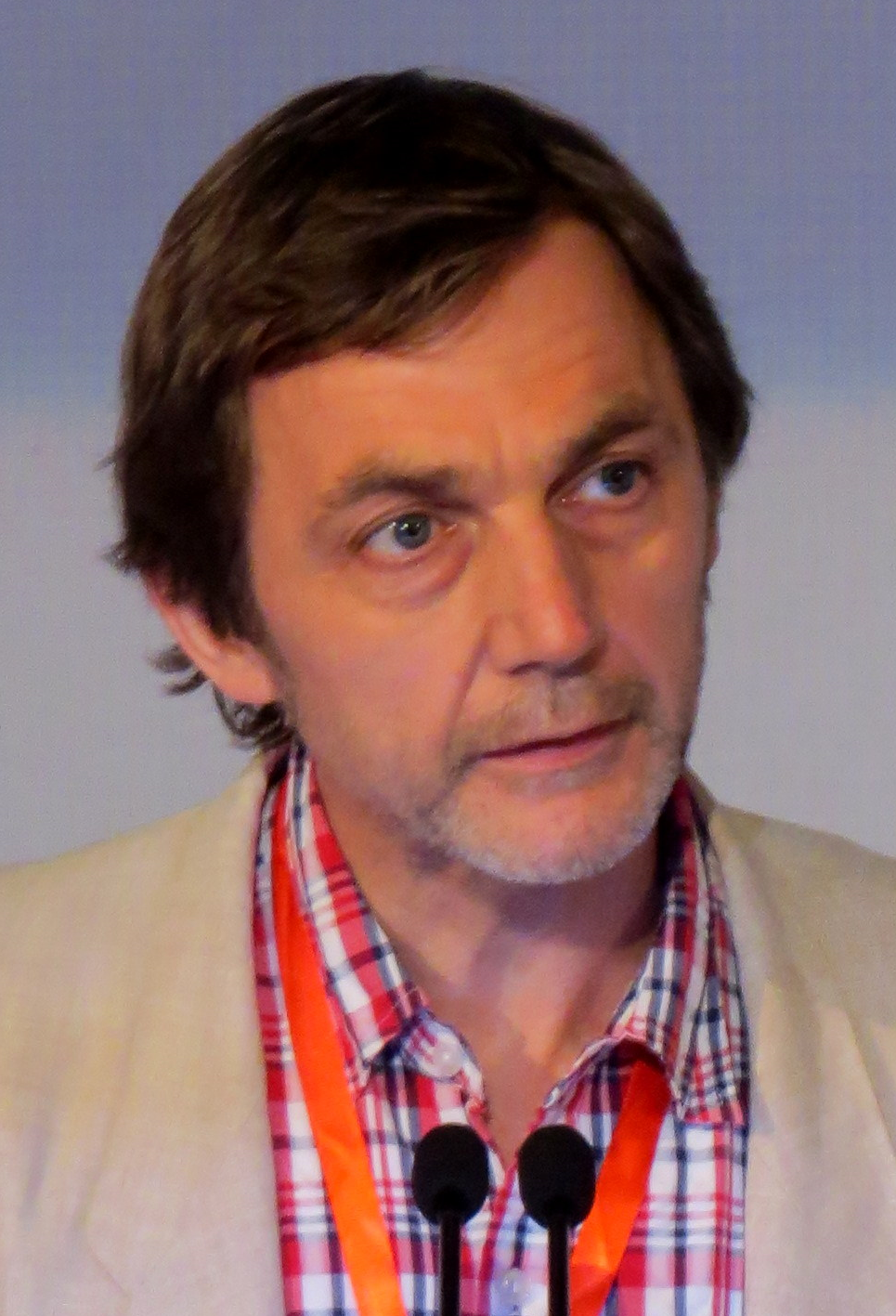
Paul De Hert is an international fundamental rights expert, with work on human rights and criminal and surveillance law, constitutionalism and the impact of technology on law. He is interested both in legal practice and more fundamental reflections about law.
He is professor at the Vrije Universiteit Brussel (VUB) and associated-professor at Tilburg University where he teaches “Privacy and Data Protection” at the Tilburg Institute of Law, Technology, and Society (TILT).
At the Vrije Universiteit Brussel (VUB), Paul De Hert holds the chair of ‘International, European and Belgian Criminal Law’ and ‘The History of Constitutionalism’. In the past he has taught ‘Human Rights’, ‘Legal theory’ and ‘Constitutional criminal law’. He is Director of the Research Group on Fundamental Rights and Constitutionalism (FRC), Director of the Department of Interdisciplinary Studies of Law (Metajuridics) and a core member of the Research Group Law Science Technology & Society (LSTS). He is an associated-professor at Tilburg University where he teaches “Privacy and Data Protection” at Master level at the Tilburg Institute of Law, Technology, and Society (TILT).
He is member of the editorial boards of several national and international scientific journals, including the Inter-American and European Human Rights Journal (Intersentia), Criminal Law & Philosophy (Springer), The Computer Law & Security Review (Elsevier) and the International Journal On Advances in Security (Iaria). He is co-editor in chief of the Supranational Criminal Law Series (Intersentia) and the New Journal of European Criminal Law (Intersentia). He is editor in chief of the Flemish human rights journal Tijdschrift voor Mensenrechten.
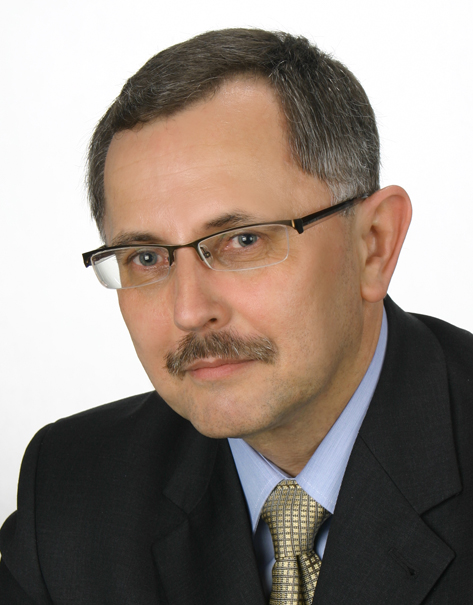
Prof. Andrzej Dziadzio is a research worker at the Department of History of State and Law at the Jagiellonian University in Kraków. His main subject area is the legal history of Habsburg Empire and the political history of Galicia. He has published two books on this matter: „The Constitutional Monarchy in Austria 1867-1914. Authority-Citizen-Law” and „Press Censorship in Austria 1862-1914. A Legal-Historical Study”. He is also an author of a university textbook „History of Law” and other publications on the history of judicial law. His academic interests include Polish and European constitutionalism of 18th and 19th century. He has published numerous articles on the Polish 1791 constitution, the German 19th century constitutionalism, and the Rechtsstaat doctrine.
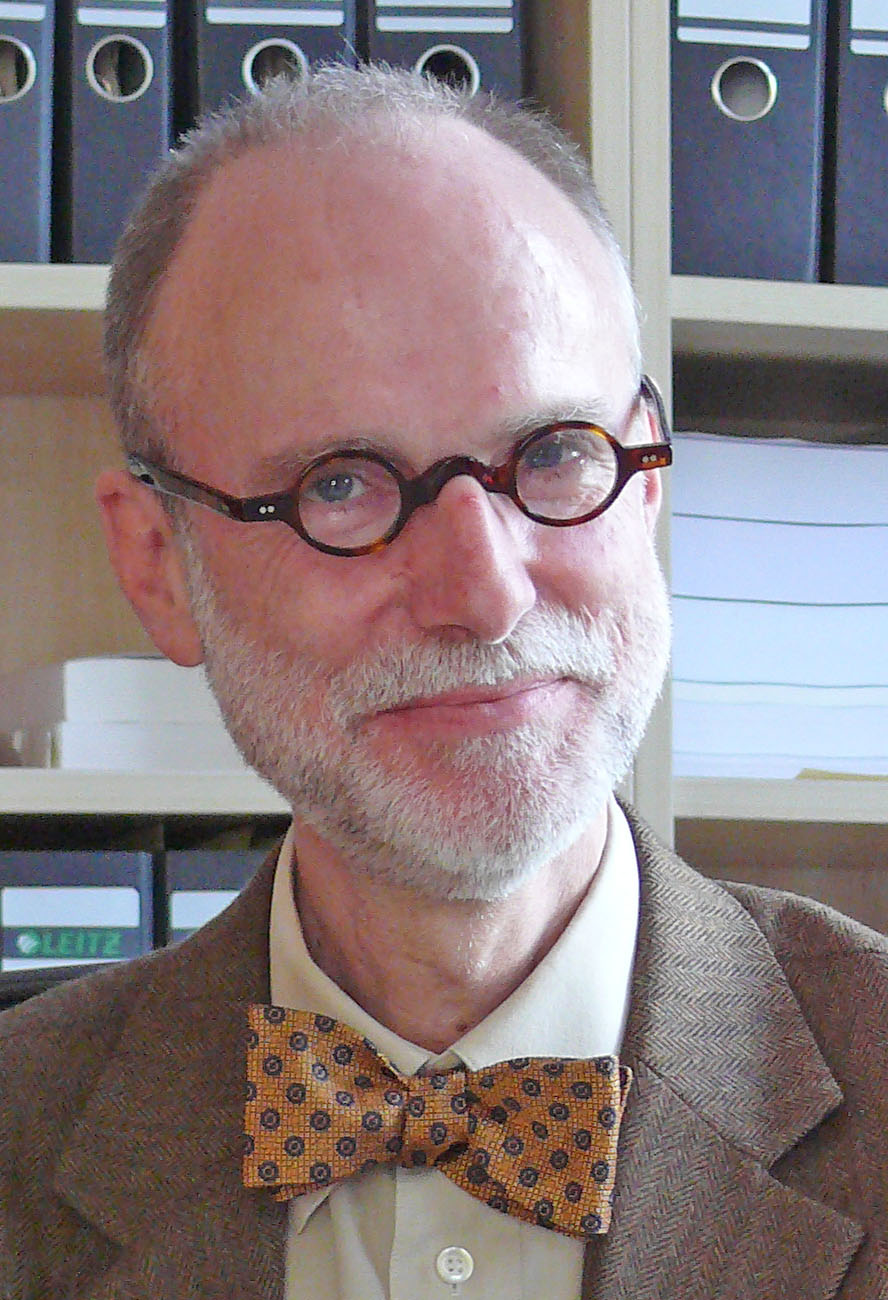
If I can make a contribution to the ReConFort project, it must be the contribution of an interested outsider. I am not a historian, but a lawyer specializing on the behavioral foundations of legal rules. Why does society need legal intervention in the first place? Does the rule in question reach its stated goals? And is there reason to believe that rules will actually be designed and applied such that they serve a meaningful purpose? Answering all of these questions requires a thorough understanding of the behavior of the law’s subjects, and of legal officers. In my own work, I mainly use experimental methods to answer these questions. Now the ReConFort project is not experimental, and the guiding paradigm is not (predominantly) individualistic. I do not mean to convince the project to adopt my method and paradigm. But I may hopefully be able to contribute from many years of experience with interdisciplinary work on legal issues.

Prof. Dr. Ricardo Gosalbo Bono is the director of the External Relations Team at the Legal Service of the Council of the European Union covering legal questions relating to the exercise of the EC external competences, trade, WTO Law, internal market, environment, transport, agriculture and development cooperation. He is a Professor of Law at the Vrije Universiteit Brussels and has received a Doctor of Laws at the University of Valencia (Spain) in 1976 and a Doctor of Philosophy at Cambridge University (United Kingdom). He had visiting professorships in Cambridge, Paris, Florence, Pittsburgh and Hamburg. Further academic stages include the University of Valencia, the Université de Genève, the University "Menéndez v Pelavo" in Valencia, the University of Barcelona and the Europa-Kolleg at the University of Hamburg.
He is a Member of the Spanish Bar, Member of the Middle Temple Inn of Court in London, Honorary Member of the Mount Vermont Bar Association in New York and a Member of the Asociación Española de Profesores de Derecho Internacional y Relaciones Internacionales and the Société de législation comparée.
His main interests and expertise include Comparative Law (Public and Private), Legal History, International Law and European Union Law.
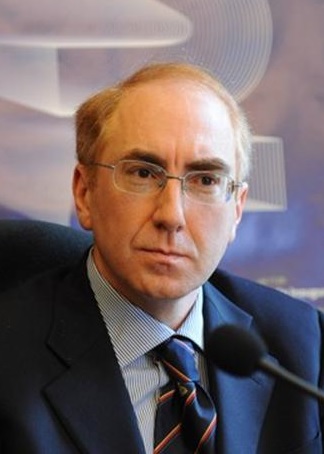
Luigi Lacché is professor of Legal History at the Department of Law of the University of Macerata, Italy. Since the first November 2010 he is the Rector of the University of Macerata. His major research interests are on comparative constitutional history, legal European history, criminal law and justice, administrative law, law and literature.
He has founded the Journal of Constitutional History/Giornale di Storia Costituzionale, published twice a year since 2001 (www.storiacostituzionale.it). The Journal is included in SCOPUS and in many other international databases. He is member of the Scientific Committee of the periodicals: The Western Australian Jurist (Perth), Historia constitucional (Spain, Oviedo), Crime, Histoire & Sociétés – Crime, History & Societies, (Geneva, Droz), Déviance et société (Paris, Editions Médecine & Hygiène), Quaderni fiorentini per la storia del pensiero giuridico moderno (Milan, Giuffrè), Rivista di storia del diritto italiano (Turin). He is member of the Conseil scientifique of the Maison des Sciences de l’Homme of Grenoble and of the editorial series “Rechtsgeschichte und Rechtsgeschehen. Italien”, edited by Lit Verlag.